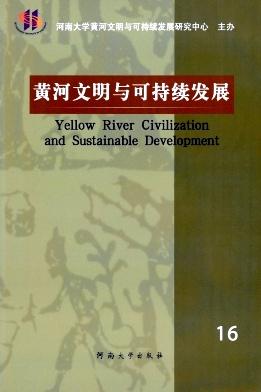Remote work during the COVID-19 Pandemic: - Problems and Solutions on the example of Vidzeme region in Latvia
引用次数: 0
Abstract
The aim of the research was to study the experience of companies in the transition to remote work during the COVID-19 pandemic. The development of information and communication technologies in the 21st century has transformed everyday work and life, and it was expected that, over time, teleworking would become a common practice in most companies. However, it was slower than initially expected due to various social and organizational factors. The COVID-19 pandemic accelerated the shift to forced remote work, creating problems and challenges for both employers and employees. This proves that new approaches and solutions are not only possible, but also useful and necessary. In order to find out what challenges employers have faced in the transition to remote work and what experience they have gained in order to solve them, two focus group discussions were organized with employers of Vidzeme region from different sectors. In order to compare the experience of employers and employees, a survey of 495 remote-working respondents was conducted between September and October 2020. The research data were collected in the framework of the National Research Programme project “Life with COVID-19", during the first wave of the pandemic. The study reveals that the main challenges were to adapt business processes to the constraints of the emergency and the work organization of remote work, which requires new knowledge and skills such as how to sell, communicate, motivate, teach remotely and ICT skills. Teleworking during the COVID-19 pandemic posed challenges such as occupational safety risks, health risks, separating work from leisure time and acquiring new knowledge and skills in a short time.COVID-19大流行期间的远程工作:问题与解决方案——以拉脱维亚维泽梅地区为例
该研究的目的是研究公司在COVID-19大流行期间向远程工作过渡的经验。21世纪信息和通信技术的发展已经改变了人们的日常工作和生活,人们预计,随着时间的推移,远程办公将成为大多数公司的普遍做法。然而,由于各种社会和组织因素,它比最初预期的要慢。2019冠状病毒病大流行加速了向强制远程工作的转变,给雇主和雇员都带来了问题和挑战。这证明了新的方法和解决方案不仅是可能的,而且是有用的和必要的。为了找出雇主在向远程工作过渡的过程中面临的挑战以及他们在解决这些挑战方面获得的经验,我们与Vidzeme地区不同部门的雇主组织了两次焦点小组讨论。为了比较雇主和雇员的经验,我们在2020年9月至10月期间对495名远程办公受访者进行了调查。研究数据是在国家研究方案项目“与COVID-19共度一生”的框架内,在大流行的第一波期间收集的。研究表明,主要挑战是使业务流程适应紧急情况和远程工作的工作组织的限制,这需要新的知识和技能,例如如何销售、沟通、激励、远程教学和信息和通信技术技能。在2019冠状病毒病大流行期间,远程办公带来了职业安全风险、健康风险、工作与休闲分离以及在短时间内获得新知识和技能等挑战。
本文章由计算机程序翻译,如有差异,请以英文原文为准。
求助全文
约1分钟内获得全文
求助全文

 求助内容:
求助内容: 应助结果提醒方式:
应助结果提醒方式:


